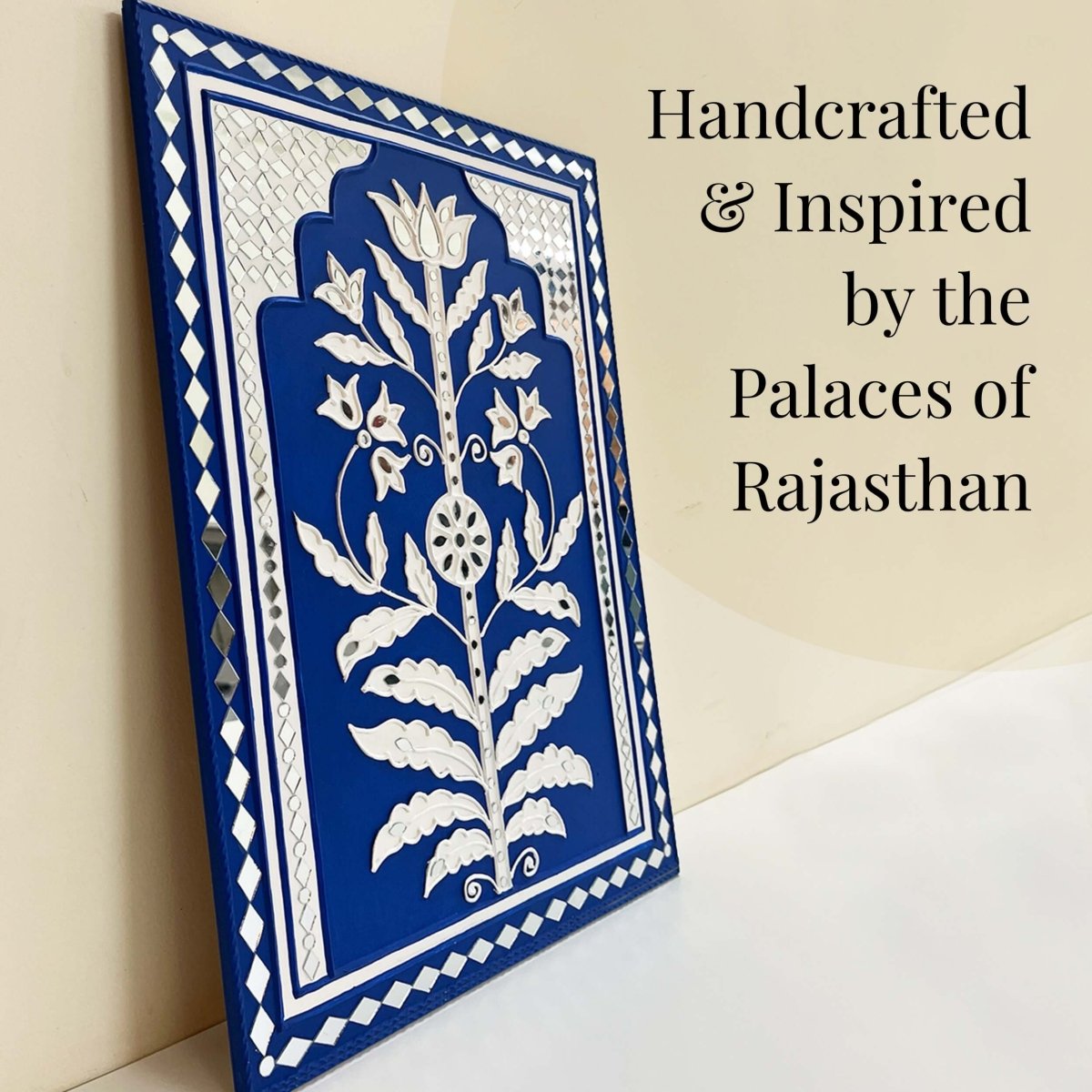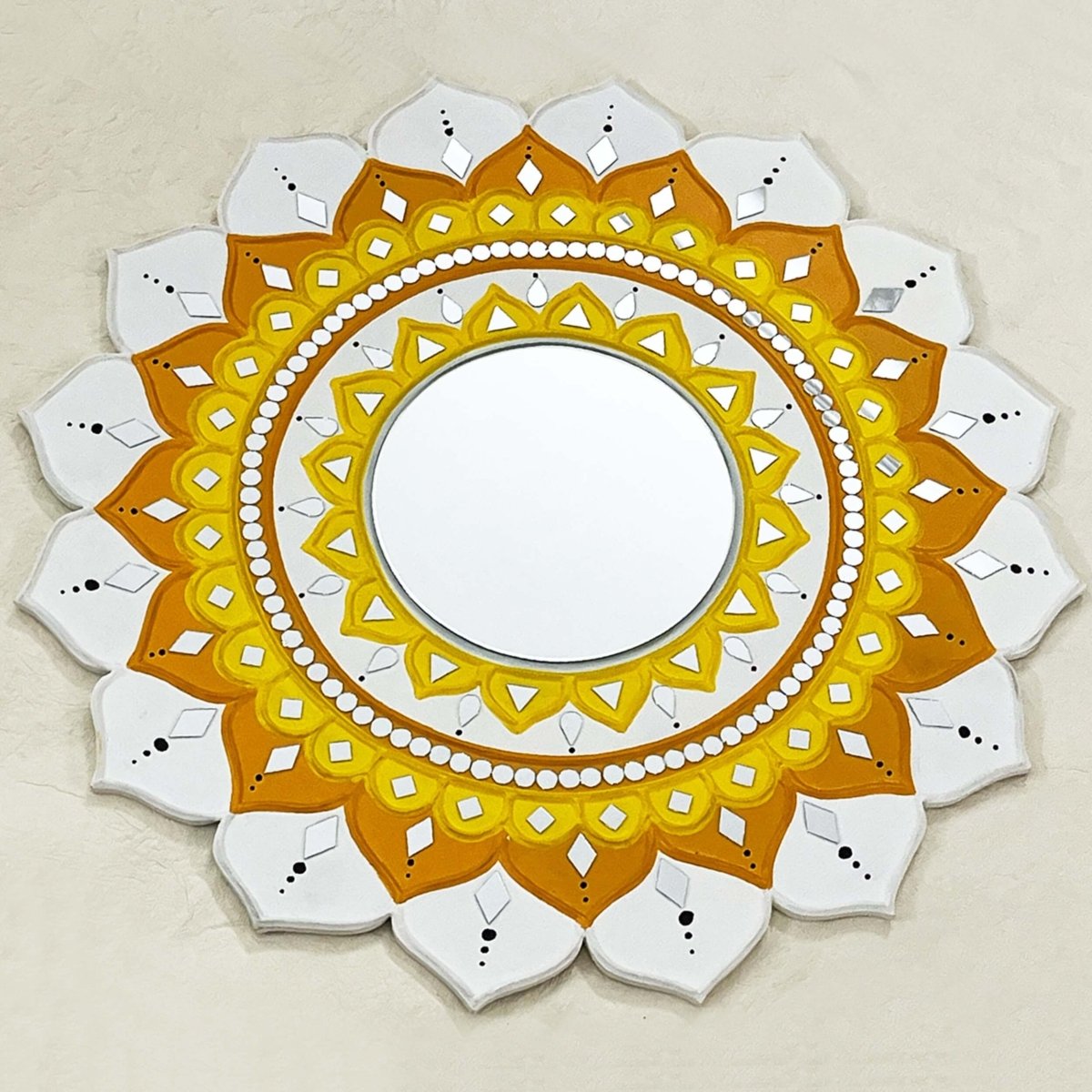J B Kripalani: The Rebel who took on Nehru
BOOKMARK
There were many who went head-to-head with Jawaharlal Nehru, a favourite of Gandhi and independent India’s first prime minister, over policy and political approach. The more obvious names are those like present-day Hindutva icon Syama Prasad Mookerjee. There were others, such as Nehru’s fiercely independent-minded colleagues B R Ambedkar and Vallabhbhai Patel. But history sometimes diminishes the role of Jivatram Bhagwandas Kripalani — Acharya Kripalani — who became Congress president when Nehru quit the post a year before Independence. Kripalani raised the debate — which continues to this day — about the role of a prime minister in government, and the role of the leader of the party the prime minister subscribes to.
Kripalani didn’t back down in Nehru’s first battle for control of the Congress after Independence. This is that story.
As far as Jivatram Bhagwandas Kripalani was concerned, the key question was: Who will call the shots in the new dispensation that emerges after 15th August 1947? The Congress president, or the prime minister? Would the Congress president play a subordinate role to the prime minister or would it be the other way round?
Kripalani’s query had immense heft. The Congress was at the time unquestionably the leading political entity. And he was the ‘rashtrapati’ of the Congress — as the party’s president was popularly known before independence. Kripalani had taken over as Congress president in 1946, after Jawaharlal Nehru quit the presidency on being appointed prime minister of the Interim Government. He remained Congress president as Nehru was officially appointed free India’s first prime minister.
But Kripalani’s differences with Nehru over the role of the Congress president continued. They would soon come to a head. Kripalani resigned in November 1947.
The president of the Congress was a prominent figure in the country during the freedom struggle. Intellectual and political giants had helmed the party even before Mohandas Karamchand Gandhi’s return to India in 1915 and his quick imprimatur on the party and its politics. Among several stalwarts, W C Bonnerjee, Dadabhai Naoroji, Badruddin Tyabji, Pherozeshah Mehta, Surendranath Banerjee, C Sankaran Nair, Dinshaw Wacha, Gopal Krishna Gokhale, Rash Behari Ghosh and Madan Mohan Malviya had been Congress presidents.
Even with Gandhi’s increasingly active presence in India, Congress presidents held their own — among them Annie Besant, Nehru’s father Motilal, Lala Lajpat Rai, Chittaranjan Das, Abul Kalam Azad, Sarojini Naidu, Vallabhbhai Patel, Subhas Chandra Bose. (Gandhi himself was president, in 1924.) Nehru, who had been rashtrapati twice earlier in two two-year terms, was again elected to the post in 1946, but within a month had to relinquish to assume the role of interim premier. Kripalani, a veteran general secretary of the party, then stepped in as president.
With independence the balance of power shifted from the party to the government. Nehru as prime minister and Patel as his deputy held sway over the party and of course the government. Nehru, Patel and the council of ministers became the fulcrum of power.
Nehru sought a diminished role for the party and felt that the Congress’s historical role was over with the attainment of freedom. He saw the party as an instrument to help the government in its implementation of policies and programmes. Moreover, Nehru felt he had a historic role to play in leading and shaping the government to achieve the task of nation-building. For that to happen, the heads of the government and the party needed to be on the same page.
Kripalani was reading a different page of the playbook. His playbook.
Any dilution of the Congress role was not acceptable to Kripalani. To him, the Congress Working Committee was the supreme body and its role was not only to lead the party but also to determine the course the government would take. The party organisation was in touch with the people and it was the party that could read the pulse of the people. The government derived its authority from the party. Therefore, the government and its functionaries couldn’t undermine the party.
Indeed, Kripalani felt the government was duty-bound to seek the approval of the party before taking any major decisions. He clearly visualised a subordinate role for the prime minister vis-à-vis the party chief.
His temperament didn’t allow him to play second fiddle to anybody, Nehru, Patel and Gandhi included. As Gopalkrishna Gandhi, administrator, diplomat and grandson of Gandhi, observed in an article, Kripalani was a man who could “speak to the Mahatma with the same directness with which he spoke to any colleague… He was willing — keen, in fact — to be Gandhi’s soldier, but disciple? No, thank you.”
Kripalani, then a professor of history at a college in Muzaffarpur, Bihar, had been Gandhi’s first recruit and associate to join the Champaran Satyagraha — which was Gandhi’s first experiment with civil disobedience in India. Kripalani was a rebel, dissent was his creed and he didn’t mince words. He was general secretary of the Congress for 12 years, from 1934 to 1945, and felt he had earned the Congress presidency.
His clash with Nehru was inevitable and it happened within a year of Kripalani becoming Congress president.
Kripalani delivered a speech at the All India Congress Committee session in November 1946 that summed up his stand on relations between the Congress president and the prime minister: “If there is no free and full co-operation between the Governments and the Congress organisation the result is misunderstanding and confusion, such is prevalent to-day in the ranks of the Congress and in the minds of the people. Nor can the Congress serve as a living and effective link between the Government and the people unless the leadership in the Government and in the Congress work in closest harmony. It is the party which is in constant touch with the people in villages and in towns and reflects changes in their will and temper. It is the party from which the Government of the day derives its power. Any action which weakens the organisation of the party or lowers its prestige in the eyes of the people must sooner or later undermine the position of the Government.”
The brewing tension between Nehru, who was used to adulation from Congress leaders and workers, and Kripalani, not given to flattery or sycophancy — effectively, a battle between the legislative wing and the organisational wing of the Congress — made Kripalani’s continuation as Congress president untenable. At a Congress Working Committee meeting, Kripalani confronted Nehru when Nehru pressed for the party’s secondary role to the government. In a show of force, Nehru managed to rally the Congress Working Committee behind him. Kripalani tendered his resignation.
Kripalani had underestimated Nehru’s stature and his appeal among the people and his determination to pursue his ideals.
Kripalani wrote about the episode in an article in the July 1964 issue of Economic Weekly (later the Economic and Political Weekly), soon after Nehru’s death: “One thing Jawaharlal Nehru did at the end of his life which will stand in good stead for the Congress and its leadership. He gave the organisational wing of the Congress some status. In the beginning, Jawaharlal's opinion was that the historical role of the Congress was finished with independence and thereafter it will be only the handmaid of the various governments. He said this in one of the meetings of the Working Committee. My reply was ‘Then you and your Government will stand in mid-air’. It was this attitude of his which brought about my resignation as the Congress President in 1947.”
Kripalani’s resignation changed the dynamics of the relationship between the prime minister and the president of the ruling party. The development established the primacy of the legislative wing over the organisational wing until yet another party president, Purushottamdas Tandon, challenged it in about three years. Meanwhile, B Pattabhi Sitaramayya, who succeeded Kripalani, accepted the subordinate role for the Congress that Nehru had sought. Other Congress presidents would continue in their subordinate roles.
This trend endured beyond the Nehru era. Barring a few exceptions, most notably in 2004-2014, when Sonia Gandhi headed the Congress and Manmohan Singh was prime minister, and during the early years of Indira Gandhi’s prime-ministership, the Congress has followed the arrangement that emerged from the Nehru-Kripalani tussle.
Nehru’s victory set in motion a trend that has since bedevilled the Congress. With Nehru’s control over both the government and the party, many would argue, the stage was set for the rise of the personality cult in the Congress, and with that a streak of authoritarianism.
This, to many, had consequences beyond the party. For instance, in his writings Kripalani mentioned that the reasons for his resignation in 1947 were not limited to contradiction between the Congress and the government. They also had to do with what he called the government’s “timidity” towards Pakistan. He blamed almost the entire Congress leadership, with the exceptions of Mahatma Gandhi and Khan Abdul Ghaffar Khan, for Partition, and he was critical of Nehru’s policies on Kashmir and with the Nizam of Hyderabad.
Kripalani also said he remained agitated by another key matter: corruption. Writing in a special issue on corruption, the April 1960 edition of the magazine Seminar, Kripalani observed: “One of the reasons for my resignation as President of the Congress, as mentioned in my statement before the A.I.C.C., was the prevalence of corruption and an open black market. In Parliament, year after year, I have denounced this evil. Annoyed at my criticism, the prime minister in reply once said that corruption is created by those who incessantly talk of it. My answer was that we were not living in the age of Aesop’s Fables where a wolf appeared because the shepherd-boy had raised the cry ‘Wolf! Wolf!’ Even in Aesop’s Fables, the wolf did not come out of nothing, as the rabbit from the juggler’s hat, but it was there in the jungle.”
Even with this searing indictment there is, however, no doubt that the struggle for leadership of the Congress party, and the dynamics of the relationship between the government and the party, were the main issues of contention between Nehru and Kripalani.
Their tale did have some curious twists. Nehru supported Kripalani against Purushottamdas Tandon in the Congress presidential election in 1950, which Kripalani lost. Nehru offered him a seat in his Cabinet, but Kripalani refused. Disillusioned with Nehru and the party, Kripalani quit the Congress to float the Kisan Mazdoor Praja Party in 1951, and joined the opposition.
A brilliant parliamentarian, Kripalani fought Nehru through Nehru’s lifetime. And he continued to battle Nehru’s daughter Indira. At the age of 86, he was among the first to be arrested when Indira imposed the Emergency in June 1975.
The lifelong rebel died in 1982.
– ABOUT THE AUTHOR
Ashok K Singh is a senior journalist and political analyst based in the National Capital Region, and has worked with, and written for, major media organisations in India in a career spanning several decades.
This article is part of our special series the 'Making of Modern India' through which we are focussing on the period between 1900-2000. This century saw the birth and transformation of India. This series aims to chronicle India's exciting journey and is a special feature brought to you by LHI Foundation.









